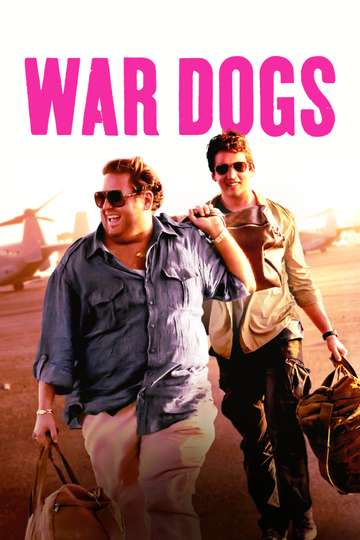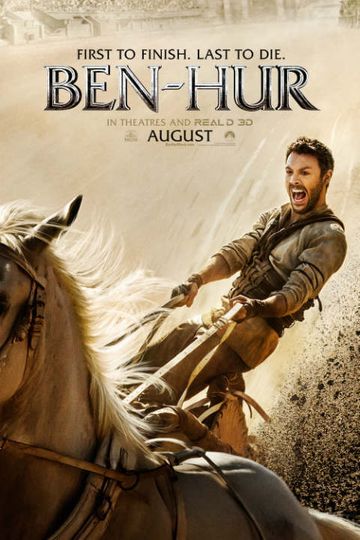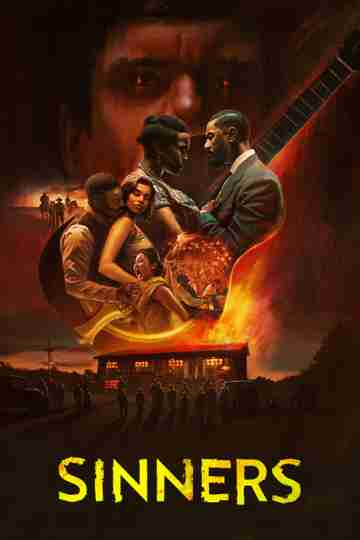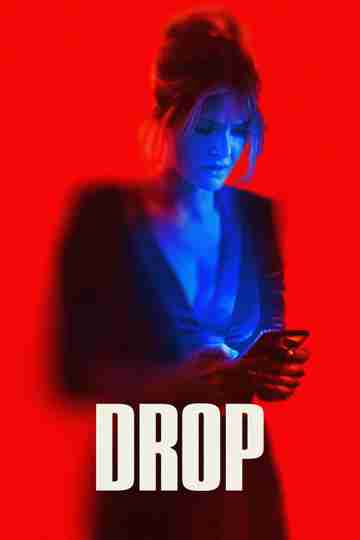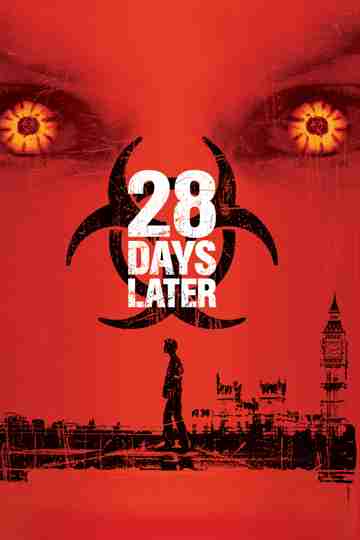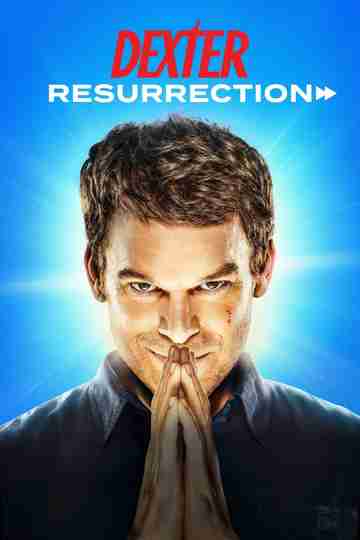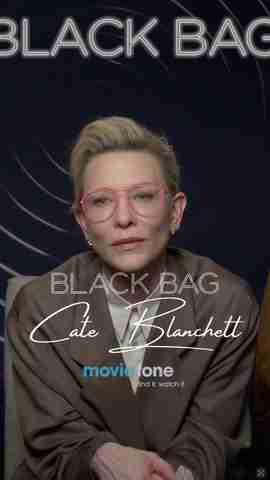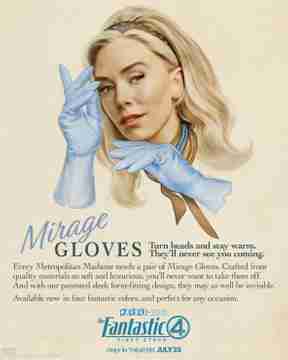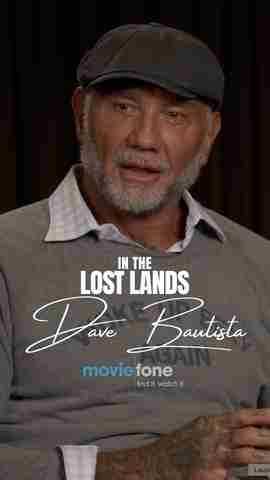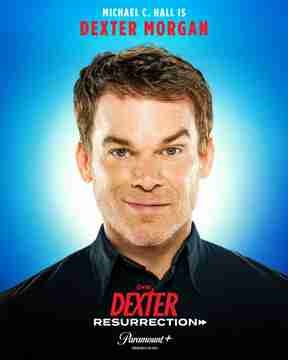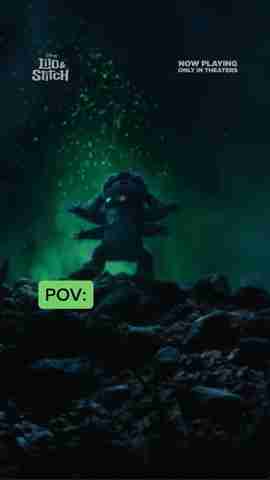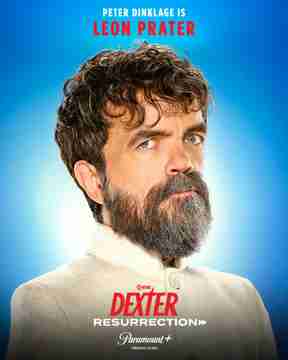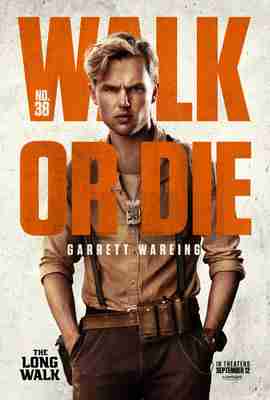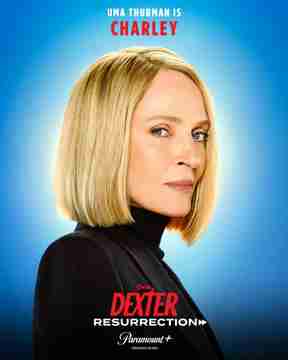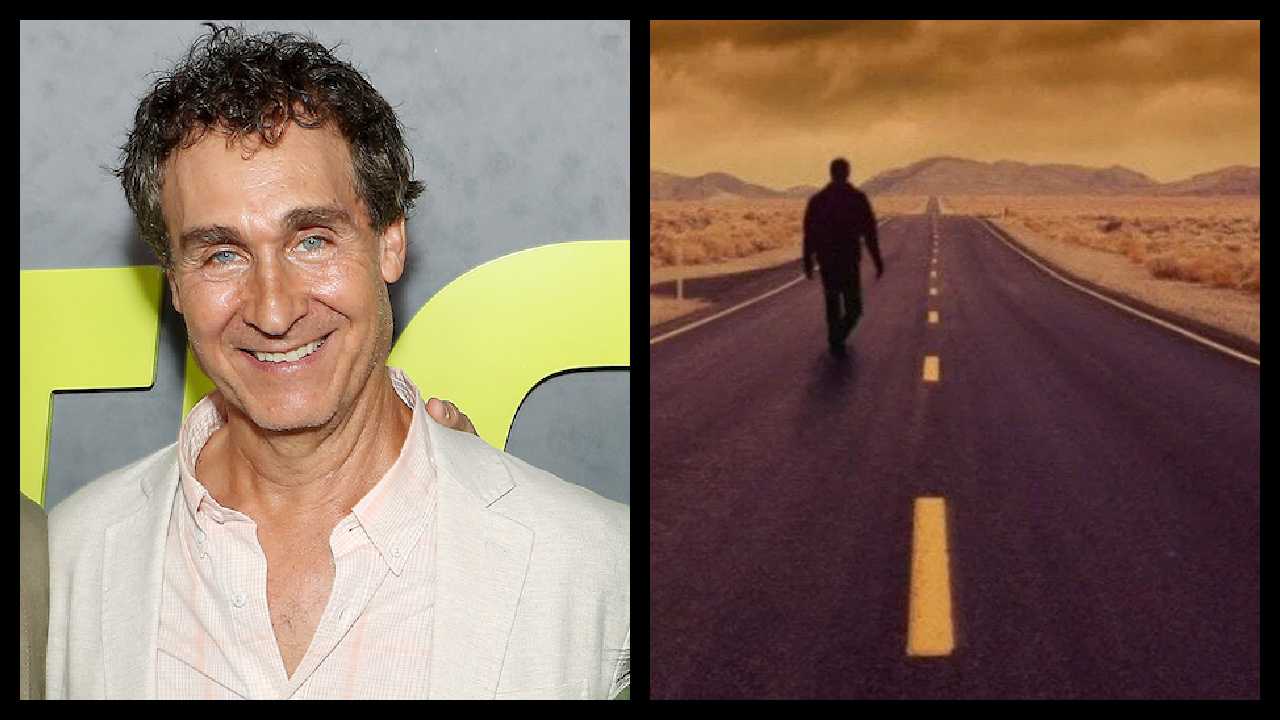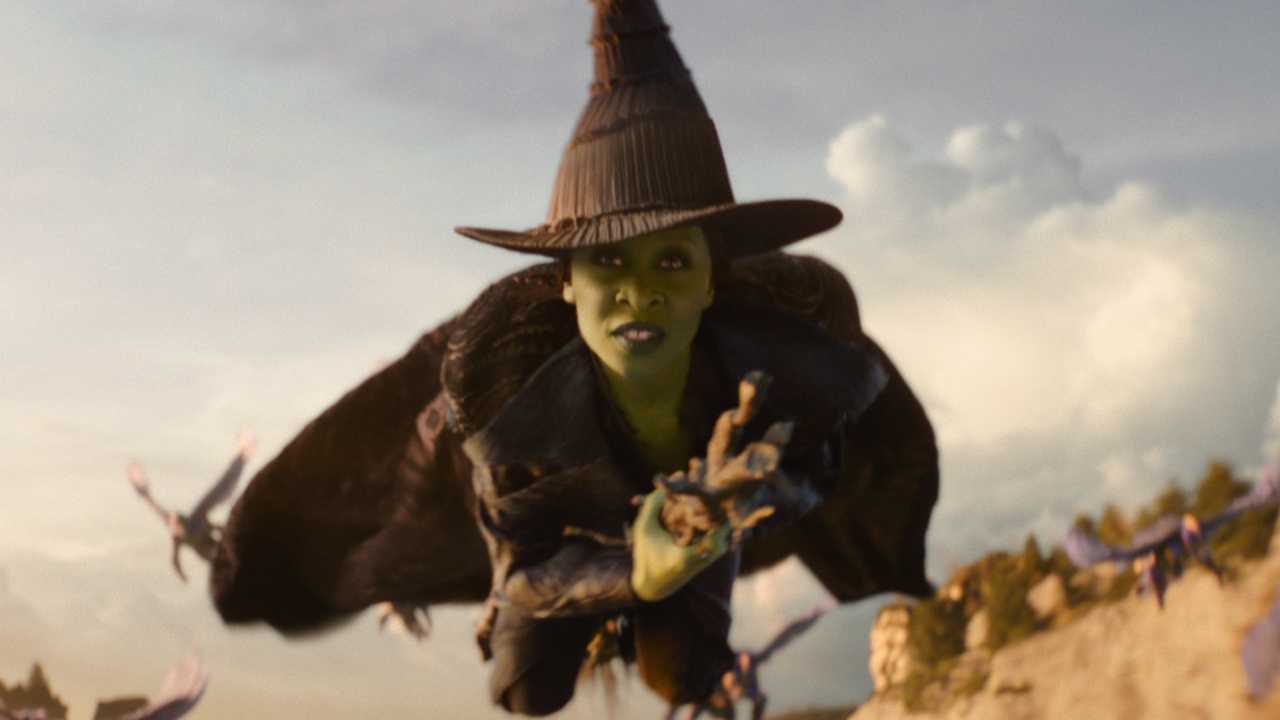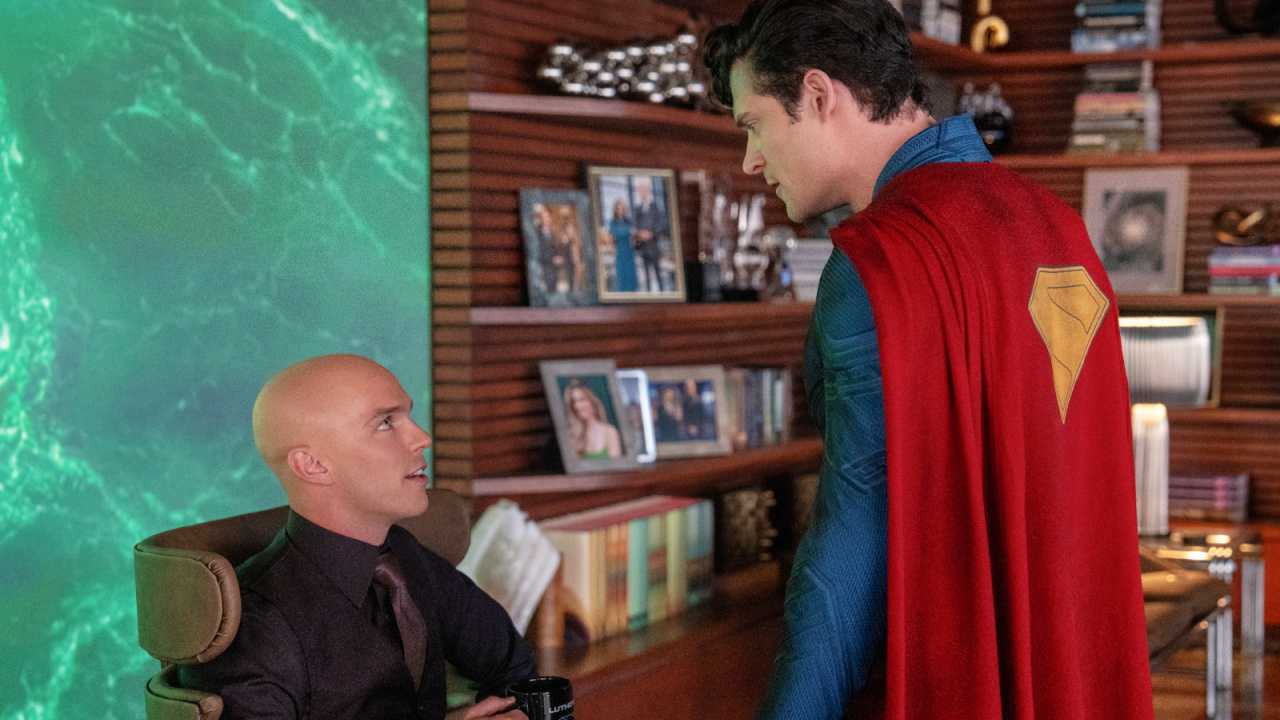Why 'Ben-Hur' Is the Finish This Disappointing Summer Movie Season Deserves
You know the box office has become an arena of misguided drama when the most intense conflict is the bitter battle for third place.
With "Suicide Squad" threepeating at the top of the chart (with an estimated $20.7 million) and last week's surprise hit "Sausage Party" holding on to second place (with an estimated $15.3 million), the real contest was among the three new wide releases -- 'War Dogs," "Kubo and the Two Strings," and "Ben-Hur" -- contending for the bronze medal.
This particular chariot race was extremely close, with "War Dogs" claiming an estimated $14.3 million, "Kubo" an estimated $12.6 million, and "Ben-Hur" an estimated $11.4 million, just $19,000 ahead of the second-weekend results for "Pete's Dragon." (It's possible, when the dust clears on Monday morning and final numbers are released, that the Disney remake could pull ahead of the Biblical epic remake.) It's like that old joke about scholarly fights in academia: that the struggle is so vicious because the stakes are so low.
After all, what we have here is three new movies that possibly could have done a lot better if not for some bad decisions, most notably, releasing them in the dog days of August, when blockbuster season is spent and kids are starting to go back to school. But it's not just timing. Here's why none of this weekend's new wide releases could do better than third place and $14.3 million.
1. Political Satire Is a Tough Sell
That's true no matter what time of year it is.
"War Dogs" stars Jonah Hill and Miles Teller and director Todd Phillips (of the "Hangover" trilogy) can bro up the comedy all they want, but in the end, it's still a message movie, one that's trying to get viewers to drink wheat-grass juice after plying them with beer. Given a choice between the lowbrow but high-minded antics of "War Dogs" and the simple, raunchy hot dog comedy of "Sausage Party" (also co-starring Hill), which do you think the target audience for "War Dogs" would choose?
2. Todd Phillips Is No Adam McKay.
Yes, McKay went from directing goofy Will Ferrell comedies to making "The Big Short," a semi-serious political satire that was a decent-sized hit and earned Oscar nominations -- winning for Best Adapted Screenplay. Then again, his movie was released in December, when it was more likely to be taken seriously, and it had more star power (Brad Pitt, Christian Bale, Steve Carell, Ryan Gosling).
Also, his movies had long had a satirical undercurrent, from "Anchorman" (sexism is idiotic) to "Talladega Nights" (xenophobia and homophobia are idiotic) to "The Other Guys" (the real crooks are on Wall Street), while the underlying message of Phillips's movies, from "Old School" to the "Hangover" series, has always been Let Bros Be Bros. So he may not have been the best-poised director to pivot to more politically engaged fare.
Finally, while both "Big Short" and "War Dogs" are based on true stories, the former told its tale using a unique and innovative structure, while the new movie borrows its narrative framework from "Goodfellas" and Hill's own "The Wolf of Wall Street." So it was a given that critics were going to be meh about "War Dogs" (it got a 59 percent fresh rating at Rotten Tomatoes), though judging by its CinemaScore grade (an unenthusiastic B), audiences felt the same way.
3. Not Everyone Likes (or Wants) LAIKA Movies
The inventive stop-motion animation studio is beloved by critics, but audiences have been slow to embrace LAIKA's defiantly weird style. Movies like "Coraline" and "The Boxtrolls" have been cult hits at best. The Japanese tale told in "Kubo" is the studio's most exotic story yet, and despite ubiquitous marketing and a star-studded voice cast that includes Matthew McConaughey and Charlize Theron, "Kubo" was always going to be a tough sell.
Even though reviewers and audiences loved the movie (it scored 96 percent at Rotten Tomatoes and a solid A at CinemaScore), it couldn't get much of a crowd into the theaters to appreciate the film. It might have done better at another time of year, as "Coraline" did in February and "Boxtrolls" in September; instead, it opened while family films "Pete's Dragon" and "The Secret Life of Pets" were still in the top 10. As a result, "Kubo" suffered the lowest opening of any wide-release Laika movie yet.
4. Why Another 'Ben-Hur'?
The 1959 version is one of the most beloved movies of all time and the biggest Oscar-grabber in Academy history (it won a record 11 trophies, a number that's never been beaten.) Charlton Heston and Stephen Boyd's chariot race is one of the most exciting action sequences ever filmed. It is a problematic movie to adapt from its very old source material. Audiences old enough to remember the '59 version are either too old to care about seeing a new version or just don't bother to go to the movies at all. And young audiences have no desire for swords-and-sandals anything, starring an actor from "Boardwalk Empire," an HBO show their dads stopped watching after Season 2
Director Timur Bekmambetov ("Wanted," "Abraham Lincoln: Vampire Hunter") is certainly a whiz with action sequences. Still, the movie seemed doomed to suffer in comparison with the 1959 epic. Stars Jack Huston and Toby Kebbell are not as charismatic as Heston and Boyd. Reviewers are divided on whether the new chariot race is any good, much less on whether its in the same league as the old one. As with "War Dogs," it was a given that critics were going to be harsh on "Ben-Hur," giving it just a 29 percent fresh score at Rotten Tomatoes. Audiences were more appreciative, giving it an A- at CinemaScore, but the negative reviews may have scared away much of the older crowd (those old enough to have fond nostalgia for the Heston version) from even seeing the new "Ben-Hur."
5. Misplaced Optimism
Usually, studios low-ball their predictions so that everyone can be pleasantly surprised when the movie's opening exceeds them, or at least not be disappointed when it doesn't. "Ben-Hur," however, marks the first time in recent memory that a studio was much more optimistic than industry analysts, with Paramount predicting a $20 million debut and outside pundits expecting a premiere more in the $10 to $13 million range.
Why was Paramount's guess so high? Maybe the studio expected its marketing efforts to Christian audiences would pay off bigger. (Jesus is just a supporting character in "Ben-Hur," but he has a more prominent role in Bekmambetov's film than in all previous versions.) Or maybe because "Ben-Hur" cost $100 million to make; any prediction lower than $20 million would be an admission that the studio expected the film to flop, and no studio wants to admit that.
Again, the movie might have done better with another release date, instead of one that had "Ben-Hur" competing for action fans against the still-strong "Jason Bourne," "Star Trek Beyond," and the dreaded "Suicide Squad."
Or maybe, at this late summer date, viewers simply have action blockbuster fatigue. September, and its promise of grown-up dramas, can't come soon enough.
